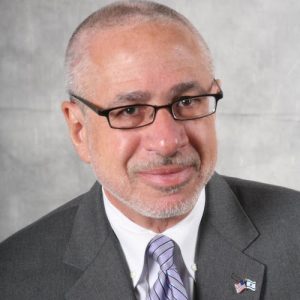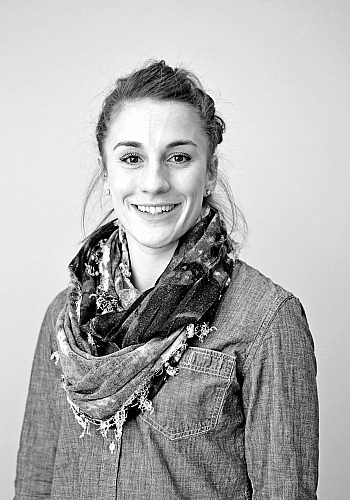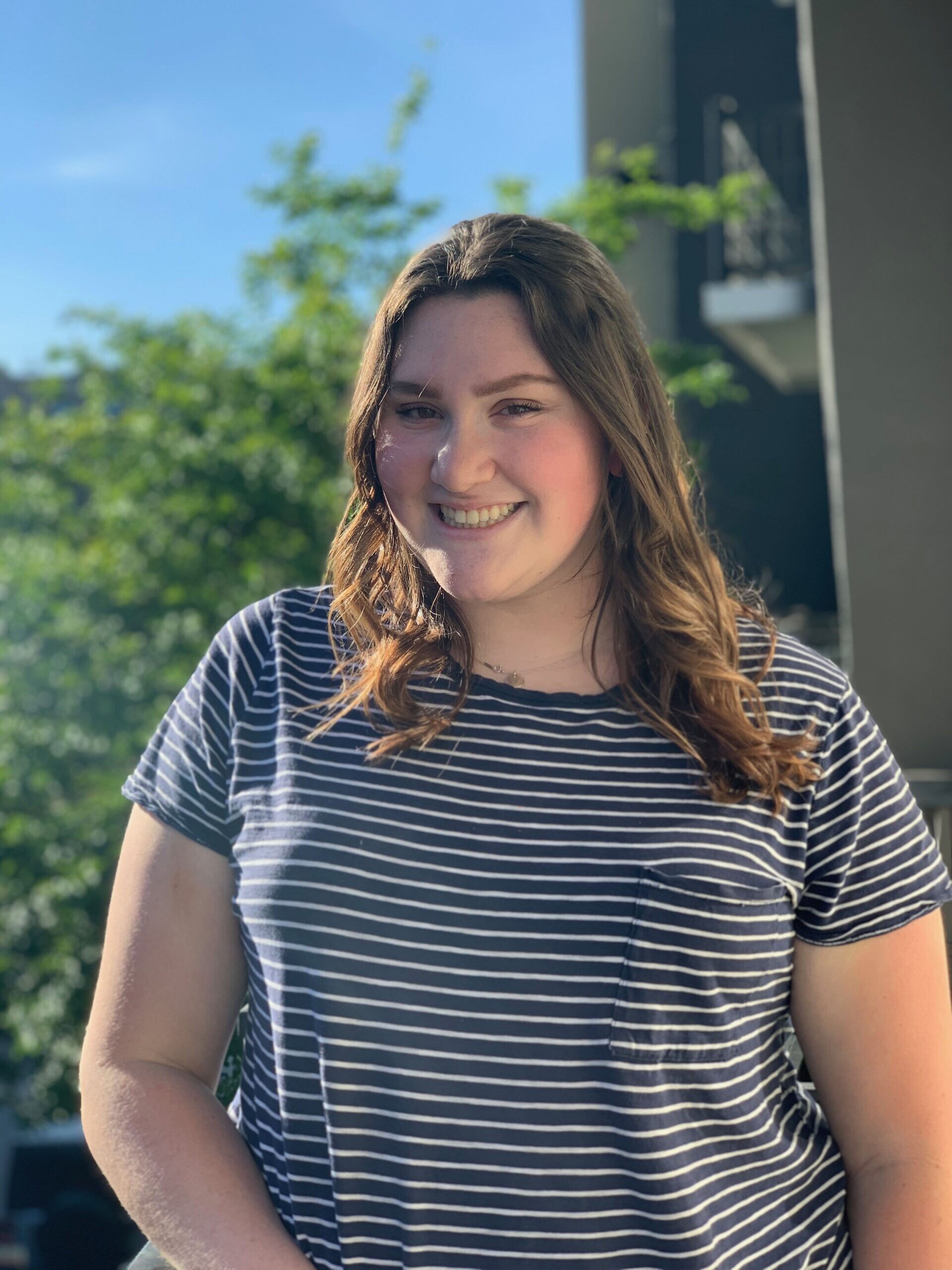College Students Face Anxiety About Uncertainty
Jewish professionals and students discuss how the COVID-19 pandemic has affected college students.
For college students and recent graduates who are already worried about their futures, the current environment of the pandemic can be a source of terrible stress. Elliot Karp, the new CEO of Hillels of Georgia, said Hillel is taking a proactive stance when it comes to the mental and emotional health of Jewish college students.
“It clearly is something of tremendous concern to us,” he said. “Mental health and well-being is something Hillel plays close attention to, but against the backdrop of the pandemic we realize many more students are affected.”
He said that along with concerns over the health of students and their family members, there are also stressors such as the impact of the economy. “All of this can produce enormous anxiety and pressures, … therefore our staff is paying close attention while talking to students,” Karp said. The Jewish campus life organization will be working with Jewish Family & Career Services in the next few weeks to provide training for Hillel professionals to help them become more proficient at picking up signs that students need assistance and to be more aware of what resources are available.
Hillel has been active in continuing one-on-one counseling over Zoom, and over the past few weeks “we’ve had several occasions to work through challenging times. We’ve made referrals, we’ve provided financial assistance in a couple of instances,” Karp said.

Along with training workshops for Hillel staff, the organization is working with JF&CS to develop a series of workshops for students, during which they will address issues of mental health and wellness, how to cope with academics in the current environment, and how students can spot the telltale signs in their roommates and friends.
“Coming back, G-d willing, with the fall semester in whatever way, shape or form will take place, we realize this is going to be an ongoing and growing concern,” Karp said. “We’re taking a very positive and proactive stance.”
Karp emphasized that Hillels of Georgia views the student and Jewish community on campus “holistically.”
He added, “We’re not just concerned about Jewish identity, programming, … we’re concerned about the whole person. Well-being is so critical in that respect.”
Karp said he is very pleased that the Hillel staff and partners such as JF&CS have stepped up as they have, realizing they need to take a more aggressive approach when it comes to students’ mental health during this challenging time. “Whenever we come through the other side of this episode, the fact we were there for our students is going to help us create an even more compassionate and caring community for our students,” he said. “The community embraces them, in good times and certainly when we’re all facing challenging times.”

Jaime Stepansky, a child and adolescent therapist with JF&CS, runs a college student support group for undergraduate and graduate students who have been impacted by COVID-19. “We started the group because we got an overwhelming amount of calls from young adults, early 20s,” Stepansky said. “Certainly we’ve seen a spike in that age group.”
The group is seeing a number of graduate students who lost job and internship opportunities because of the pandemic, and they worry about how they’ll be able to make those up in the current job market. “It would be an uncertain phase anyway but the additional uncertainty has magnified it for them,” Stepansky said of college students.
“I think really identifying that, this is a really hard time for this population because they had certain expectations that were all crushed,” she said.
Stepansky said that a lot of the young people she’s talked to feel bad comparing themselves to other people who they feel have it worse. “I want to underscore as much as I can that this is a really anxiety-provoking time and being anxious makes sense,” she said. “It makes sense to get support if needed. I want to validate that yes, people are anxious, because that’s what uncertainty and fear about the future lends itself to.”
Rising Georgia State University junior Julie Budd said finishing spring semester was much harder than she had anticipated, academically and emotionally. Her professors were stressed figuring out how to make their classes an online format, and not being able to see people her age doing the work was difficult.
“It didn’t feel like learning; it felt like memorizing information just to have it be done, and that’s not what college should be like,” Budd said. “Balancing all of my classes going online, summer plans, work, etc., was a lot to handle at once.”
She said Georgia State gave students an extended spring break to adjust to the drastic change, which was helpful, but the lack of human interaction was making it very difficult to enjoy school.
Kaelyn Ireland just graduated from Kennesaw State University with a degree in psychology. “It was super weird,” Ireland said. “Everything just kind of seemed like it was being pulled from underneath your feet.”
Psychology majors had to complete a capstone culminating project for the degree, but Ireland, who had been planning on presenting research at a conference, had to come up with a different plan to meet that requirement. “There were a lot of adjustments,” Ireland said. “Everyone was handling it as well as they possibly could.” Their lab can no longer meet in person because KSU is still officially online only, so students have been learning about research that’s already been done in their areas of focus and getting ready for when they’ll be able to work in person again.
“So far the University System of Georgia hasn’t said they’re definitely doing online in the fall. There’s kind of a general, oh gosh, how is this going to happen, how is this going to work?” Ireland said, noting that the changes have been difficult on the university end as well. “I’m really close to a lot of my professors and I know they’ve been having their hands full keeping things running.”
Job searching and the grad school process have also caused stress– before next year’s application process, Ireland is hoping to get a job in research, but it is made more difficult because of all the hiring freezes.
“I just found myself trying to help my fellow students stay calm during those weird uncertain times,” Ireland said. “I’ve seen a lot of people trying to support each other and I think that was really helpful.”





comments